VoxTalks Economics
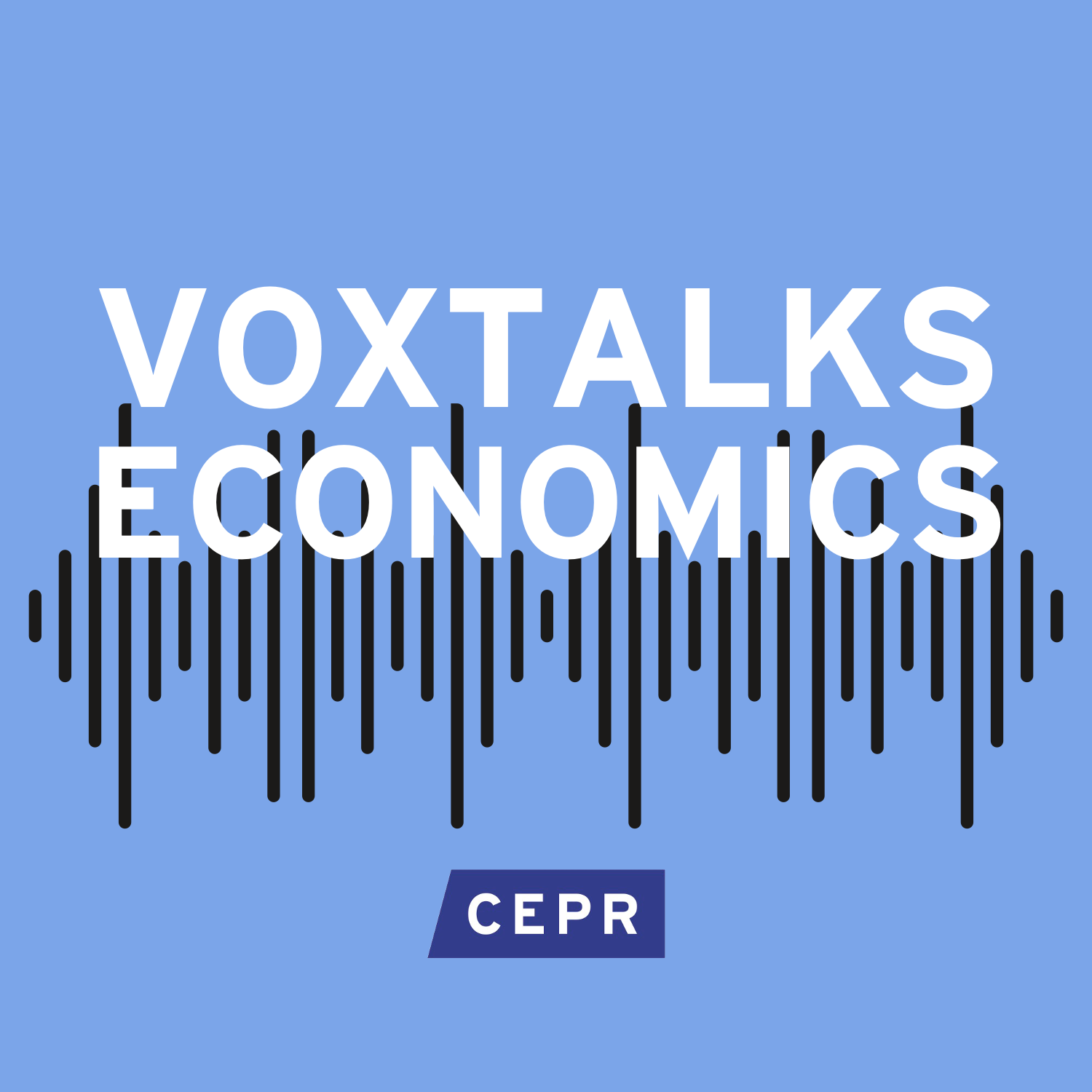
Education
Science
VoxTalks
Learn about groundbreaking new research, commentary and policy ideas from the world's leading economists. Presented by Tim Phillips.

S7 Ep52: Financing the green transition
The second of three special episodes of VoxTalks Economics recorded at the Climate Change and the Environment Conference in Paris, jointly organised by the AXA Research Fund and CEPR. The green transition needs investment. So who will fund it, and under what conditions? Tim Phillips asks Gilles Moec of AXA and Katheline Schubert of the Sorbonne and PSE about how capital can be mobilised to get us to Net Zero.
22:5705/11/2024
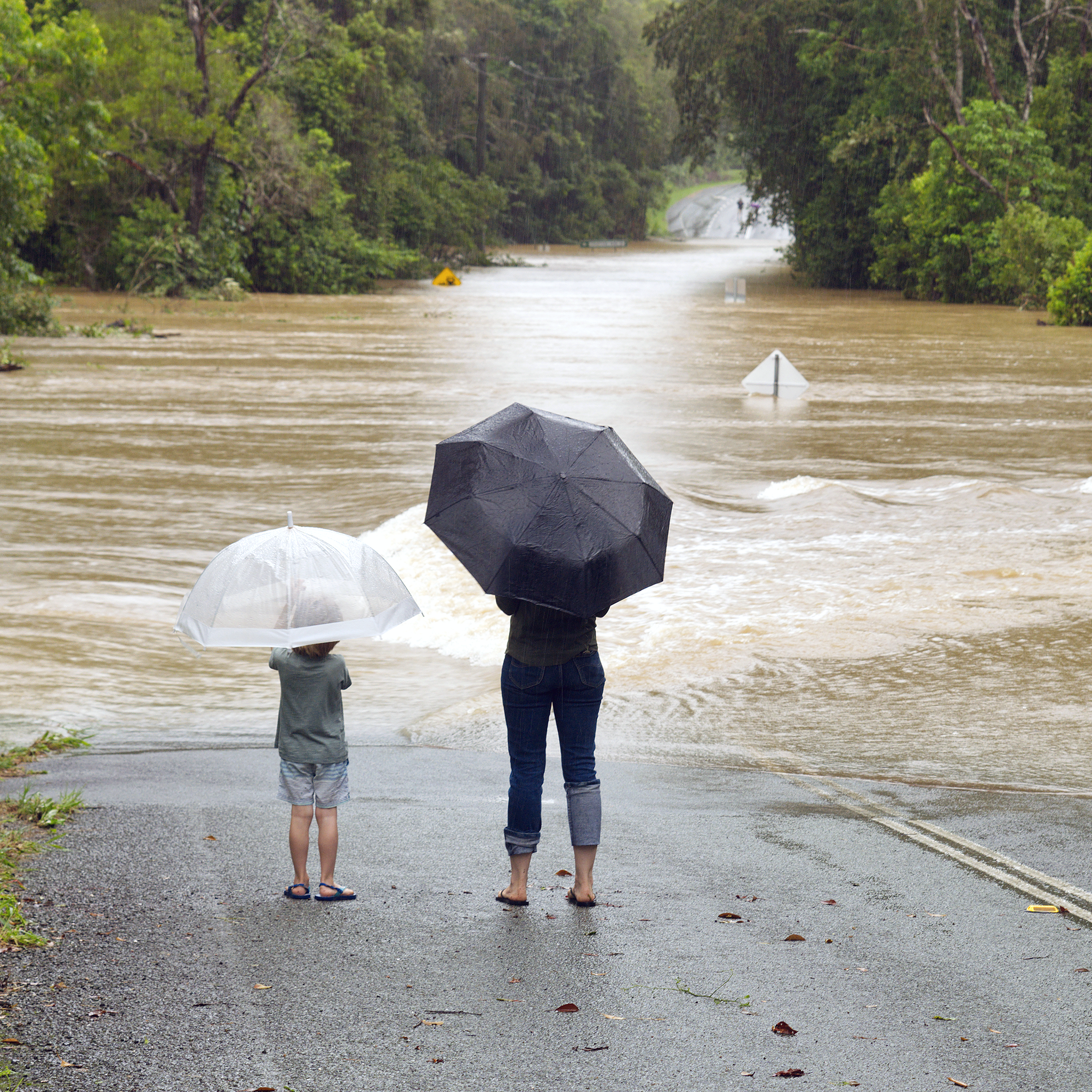
S7 Ep51: Insuring the world of the future
The first of three special episodes of VoxTalks Economics recorded at the Climate Change and the Environment Conference in Paris, jointly organised by the AXA Research Fund and CEPR. Weather patterns are changing around the world, and weather-related insurance claims are rising. As climate change increases losses from these events, is it the responsibility of governments to compensate those who lose their homes and businesses, or can the insurance industry step up to provide that service? Thierry Langreney of the NGO Les Ateliers du Futur, and Mathieu Godart, Head of P&C - AXA France, discuss the issues with Tim Phillips.
25:1501/11/2024

S7 Ep50: The economic effect of the Great Fire of London
In the early hours of 2 September 1666, a spark in Thomas Farriner's bakery on Pudding Lane in the City of London ignited a blaze that would go on to consume 90% of the City’s houses. But how did economic activity and wealth rebound after the fire? Philipp Ager of the University of Mannheim and Paul Sharp of the University of Southern Denmark have used contemporary records to describe London’s uneven economic recovery. They tell Tim Phillips about the records they uncovered, and what they reveal about London’s economy before and after the fire.
16:2625/10/2024

S7 Ep49: Young, educated, and unemployed
In some places in Europe, young college graduates are more likely to be unemployed than young high school graduates. We assume that jobs are more likely to go to people with more education, so can economics explain why this is happening? Sena Coskun of tells Tim Phillips what is different about these countries – and the young jobseekers in them.
14:4618/10/2024

S7 Ep48: NOBEL SPECIAL: James Robinson on antisocial norms
The saying “don’t be a toad” in Colombia tells people to mind their own business and not to tell on others. The warning that “snitches get stitches” is common to many societies. It’s easy to imagine why groups adopt prosocial norms like sharing and volunteering. But what sustains an “antisocial” norm like this one? James Robinson talks to Tim Phillips about why people dislike but adopt antisocial norms, what that means for society, and what we can do to change them.
22:4715/10/2024

S7 Ep47: Access to opportunity in the sciences
A Nobel season episode: what is the background of the scientists who win the big prize?
If talent is equally distributed, but the opportunity to use that talent is not, both individuals and society lose. Paul Novosad and Sam Asher talk to Tim Phillips about the background of the scientists who win the Nobel, and what that tells us about equality of opportunity.
21:1311/10/2024

S7 Ep46: Food policy in a warming world
In May 2022 the Indian government responded to a heatwave that had cut crop yields by unexpectedly banning wheat exports. Ministers spoke of the need for domestic food security, and the important of reducing wheat prices for the India’s citizens. But the policy was unpopular with domestic farmers and in countries that imported wheat, where prices had already risen following the Russian invasion of Ukraine. Allan Hsiao talks to Tim Phillips about how common these policy interventions really are – and the consequences for governments and trade, consumers and farmers.
20:1504/10/2024

S7 Ep45: How protests are born, and how they die
Every year we see thousands of protest movements on our city streets. Most are fuelled by social media. But why do some protests persist, and some disappear. Why do some remain peaceful, but others become violent? Benoît Schmutz-Bloch tells Tim Phillips about how social media gives life to protest movements – but can also hasten their destruction.
26:0227/09/2024

S7 Ep44: The US is in a fiscal mess
US federal debt is expected to grow to historic highs in the next 10 years, and the interest bill for that debt will continue to grow too. But does it matter? Yes, say Giancarlo Corsetti and Riccardo Trezzi They tell Tim Phillips about the unpalatable policy options if the US wants to stabilise its ballooning debt and interest payments.
Read their VoxEU column
27:4520/09/2024

S7 Ep43: Digital access and infectious disease
During the global spread of Covid, governments were forced to rely on NPIs – non-pharmaceutical interventions – such as masks and social distancing. Carol Propper tells Tim about the stunning effectiveness during the pandemic of a less obvious intervention: access to 3G internet in Indonesia.
15:0513/09/2024

S7 Ep42: The economics of strategy
Organisations don’t just provide employment: they solve, or attempt to solve, important problems in our society. Organisational economics has made some impressive strides in recent years to show what choices organisations make. But there is much less research on how they come up with the strategies that guide those choices. Ghazala Azmat tells Tim Phillips about a new initiative that aims to deepen our knowledge of the economics of organisational strategy.
14:5606/09/2024
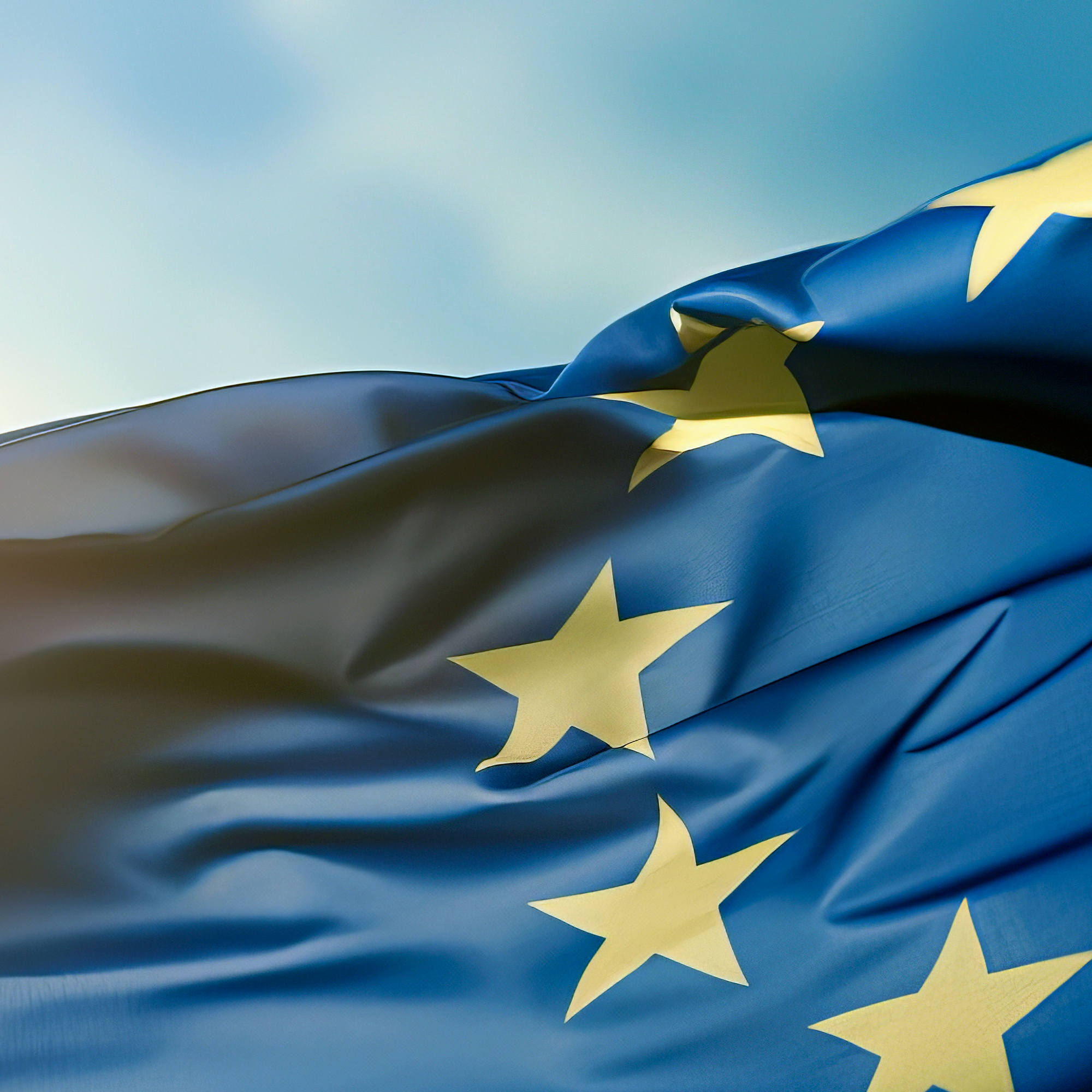
S7 Ep41: The EU miracle
In 2004 75 million people in 10 countries joined the EU. Their GDP per capita has grown dramatically in the last 20 years – but how much of that is due to EU membership, and how much would have happened anyway? Basile Grassi tells Tim Phillips that the enlargement of the EU in 2004 was “a miracle” for the economies of these countries, even though nationalist politicians may argue otherwise.
23:4430/08/2024

S7 Ep40: The economic burden of burnout
Today doctors recognise the symptoms of burnout from work-related stress. It’s a common problem, but one that can have serious, long-term consequences for sufferers. New research shows that there are measurable consequences for partners and children too, and lasting effects on fertility. Arash Nekoei and Josef Sigurdsson talk to Tim Phillips about the scale of the burnout burden, and what can we do to identify the problem before it happens.
22:1223/08/2024

S7 Ep39: Getting cash transfers right
Sending regular small sums of money to households or individuals are go-to policy. Should these transfers be universal or targeted? And how big, and how regular, should the sums be? In another episode based on the most interesting presentations from the CEPR-PSE Symposium 2024, Paul Niehaus explains to Tim Phillips how cash transfers work best to relieve poverty.
Picture credit: WFP/Simon Pierre Diouf
24:5616/08/2024

S7 Ep38: Do billionaires pay taxes?
Data about the personal finances of the richest people in our society is hard to find. A team of economists in France have attempted to answer a question that increasing preoccupies both policymakers and the public: how much tax do the ultra-rich actually pay? Antoine Bozio talks to Tim Phillips about why France’s tax regime is no longer progressive – and what would happen if progressivity was restored.
22:0109/08/2024
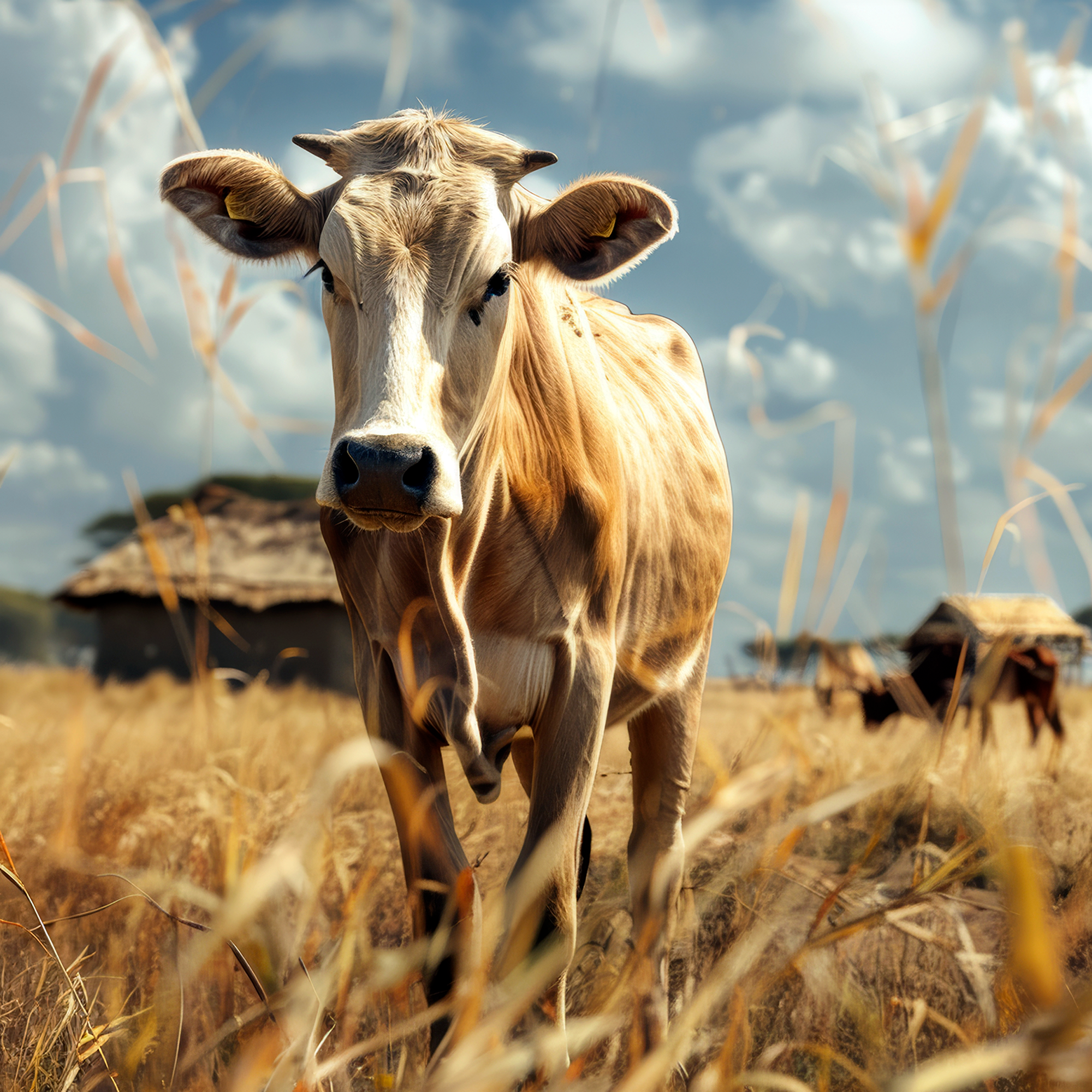
S7 Ep37: When development creates conflict
Economic development, especially in Africa, often implies improving crop agriculture. But many rural populations are pastoralists, grazing their cattle on land that policymakers have earmarked for crops. So is good news for crop farmers also a threat to the pastoralists’ way of life? Eoin McGuirk tells Tim Phillips about how some apparently successful development projects create conflict between communities.
21:4802/08/2024
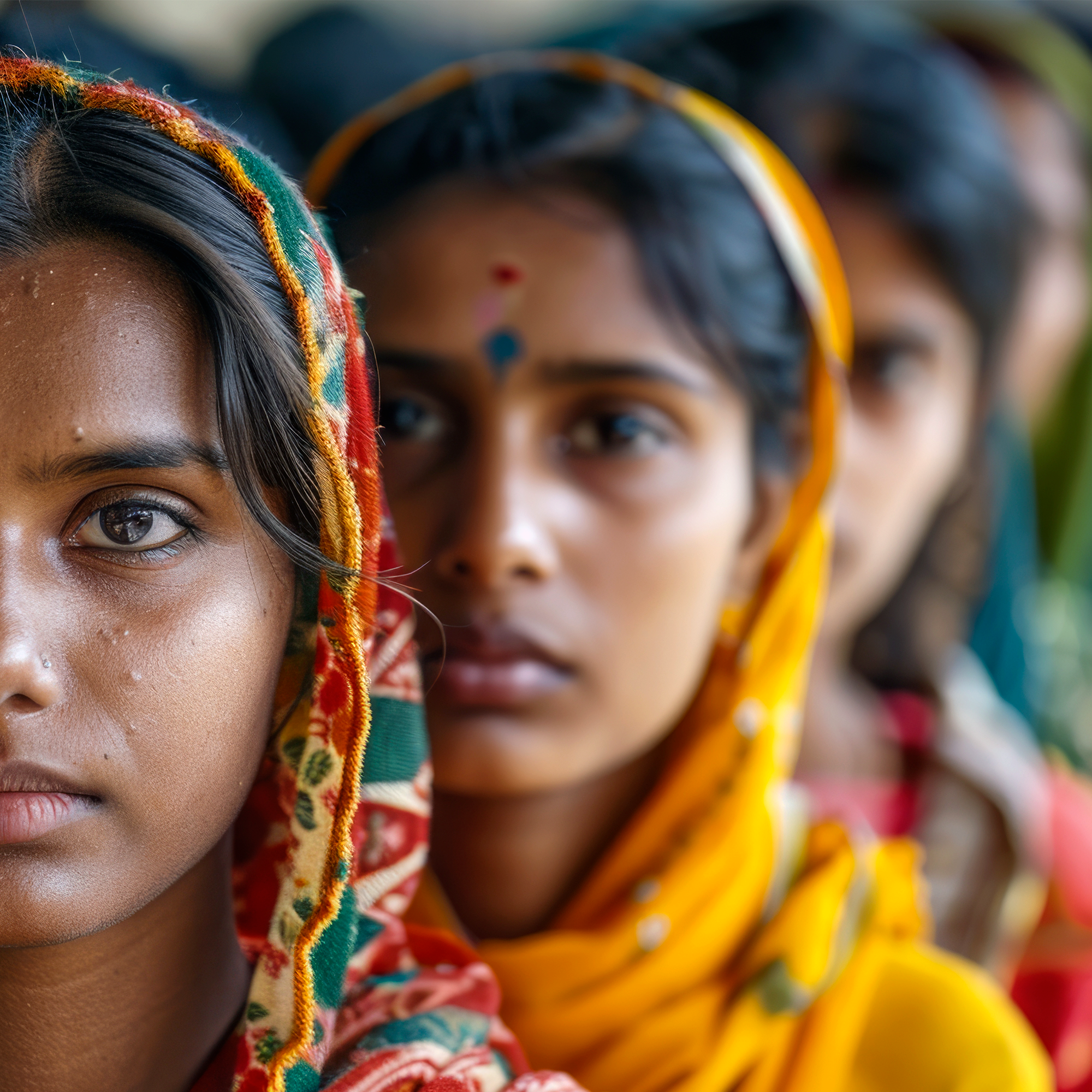
S7 Ep36: Competence vs gender
Women are under-represented in politics. If women aren’t chosen to stand for election, and voters are biased against them when they do, what can break this vicious circle? S Anukriti tells Tim Phillips about how local decision-making as part of a school-building programme in India has allowed women to show they are effective leaders, to change the political agenda, and even to convince sceptics that women have a place in politics.
30:2826/07/2024
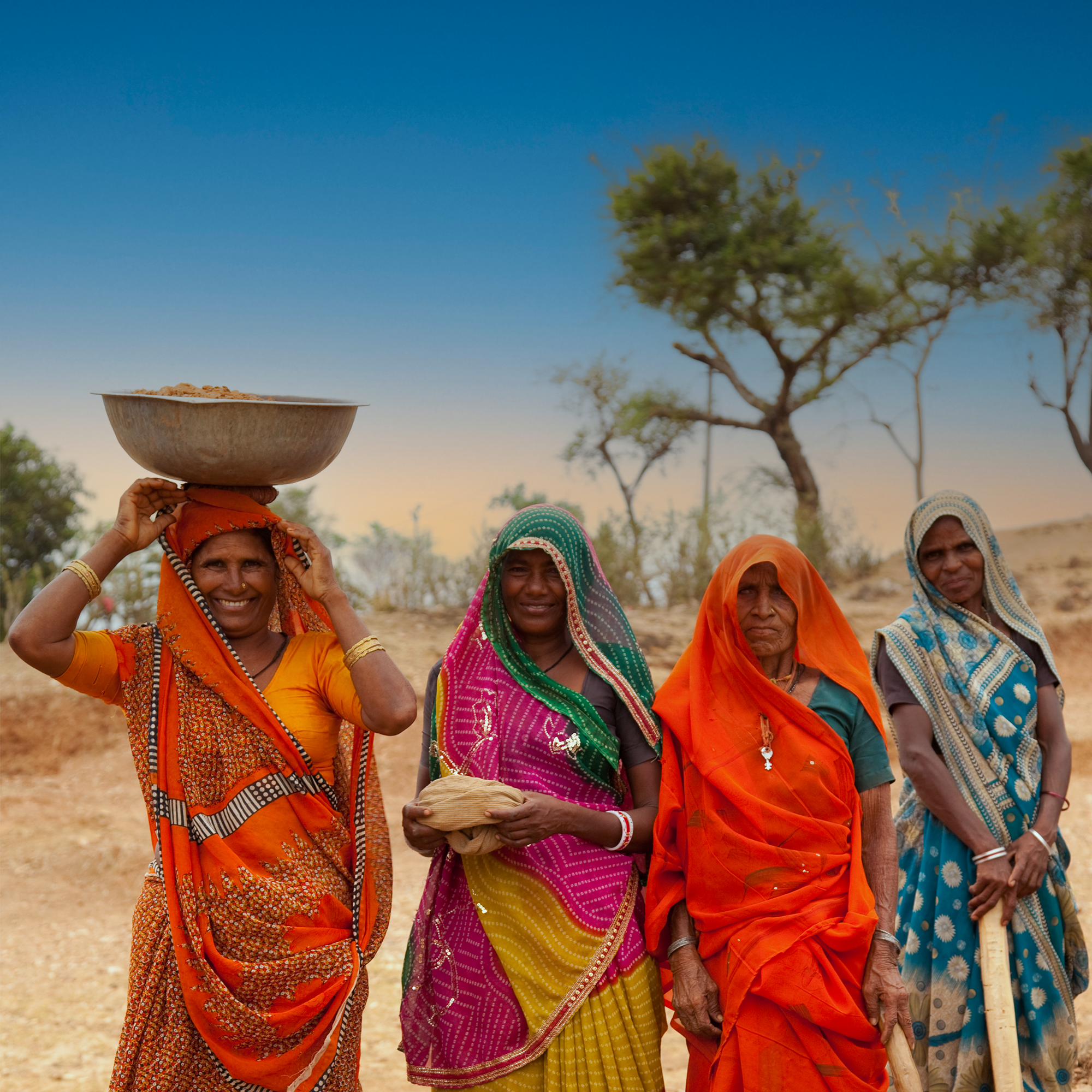
S7 Ep35: Improving digital payments for social protection
More new research from the CEPR-PSE Symposium 2024.
It’s infuriating when you’re expecting a digital payment to arrive, it is lost in the system somewhere, and no one seems to be able to do anything about it. Now imagine how devastating it is if that payment is all that’s keeping you and your family out of poverty. Yusuf Neggers is one of a team that have created an app to improve the administration of payments for the Indian government’s MGNREGA programme.
Photo: MGNREGA/UN Women Asia & Pacific
24:0619/07/2024

S7 Ep34: The next generation: PSE 2024
In our latest podcast from the PSE-CEPR Policy Forum 2024, we feature three of the young economists who made their mark at the conference. Tim Phillips talks to
Alice Chiocchetti about the extent and impact of profit shifting by French firms, Yuan Hu about green technological change after natural disasters, and Christoph Semken about how we all underestimate the impact of our emissions-reducing life changes.
24:2212/07/2024
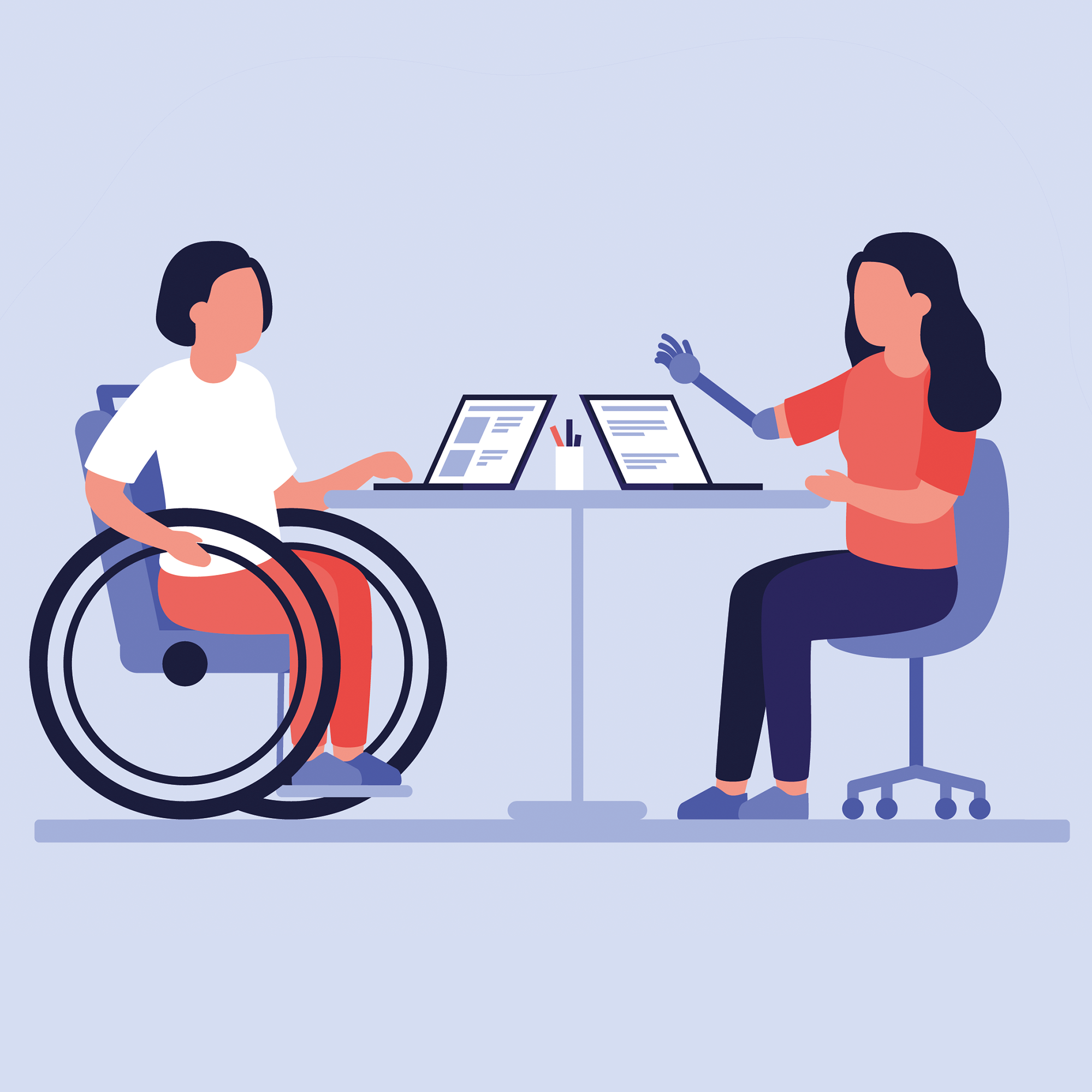
S7 Ep33: The effects of disability hiring quotas
More new research from the CEPR-PSE Symposium 2024.
More than 100 countries have some form of quota regulation that requires firms to hire people with disabilities. Does this example of affirmative action help people who have a disability to find a job, and what is the impact on the firm, and on fellow workers? Christiane Szerman tells Tim Phillips about the surprising labour market effects of a hiring quota in Brazil.
17:4305/07/2024

S7 Ep32: Will tax or finance get us to net zero?
If we’re going to get to net zero in time, economists argue that carbon taxation alone is the best policy. But less than a quarter of emissions are subject to any carbon pricing. And even then, the price of carbon is far too low. So how much climate finance will it take to fill that gap to get us to a socially optimal solution? Lasse Heje Pedersen talks to Alissa and Tim about how he estimates the rate of exchange between the cost of capital and a carbon tax, and what that implies for policy.
30:1601/07/2024
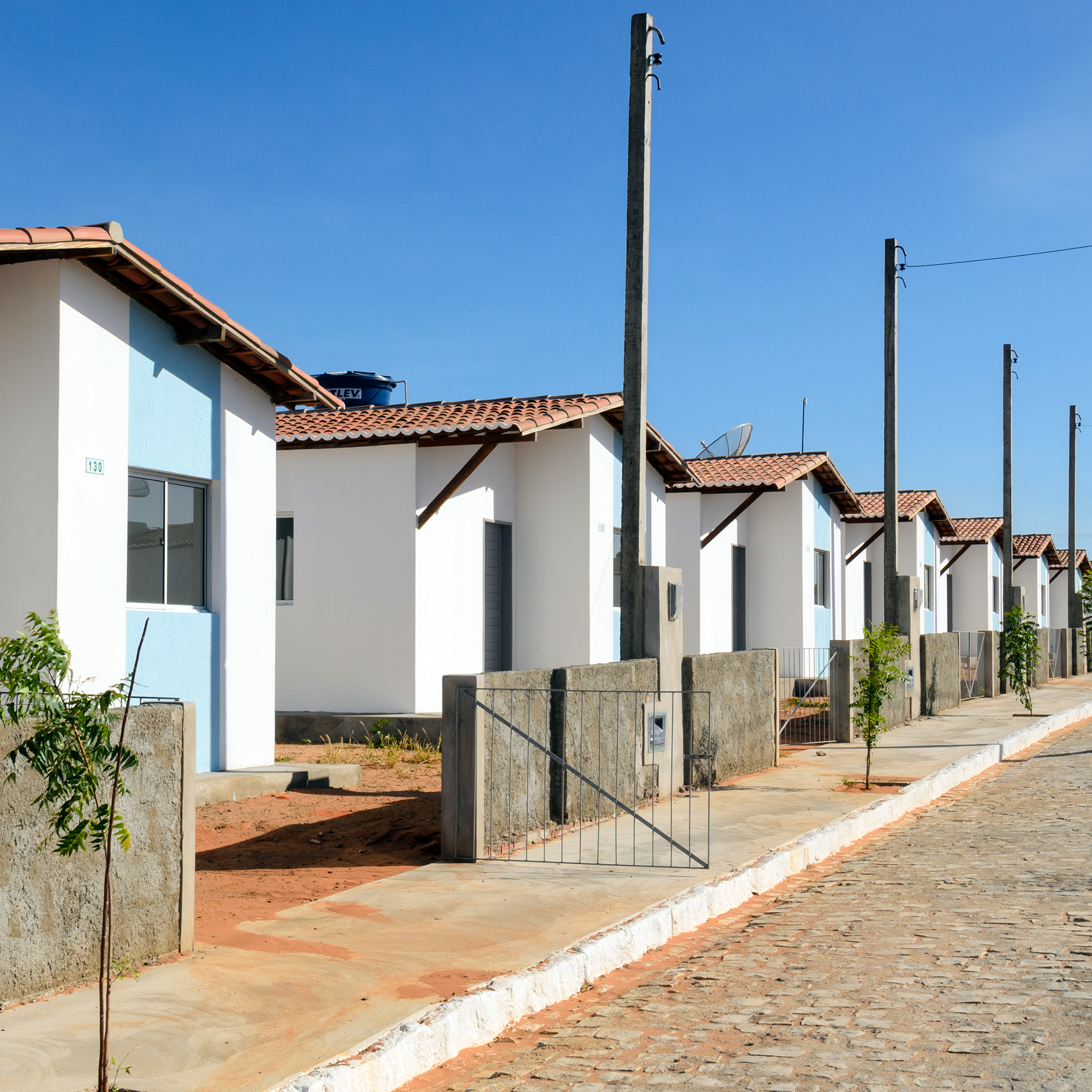
S7 Ep31: Location, location, location
The first in a series of VoxTalks Economics based on some of the most interesting presentations from the PSE-CEPR Policy Forum 2024.
Imagine that one day, you are offered the chance to move to a new, better, bigger house in the same city as you live, with the government paying for 90% of your mortgage. This is what happens in Brazil, where millions of people have been given access to better housing. But how big is this prize really? Gabriel Ulyssea tells Tim Phillips how many of the beneficiaries discovered that location matters most in real estate.
23:5628/06/2024

S7 Ep30: It’s a dirty job
If we want to help millions of working people who have high-polluting jobs to find news work during the green transition, first we need to know more about what they do and where they are. Orsetta Causa tells Tim Phillips about the location of dirty jobs, and whether policy to reskill workers can finally succeed.
22:4921/06/2024

S7 Ep29: Climate tipping points
If the climate crosses any of a number of tipping points, what are the implications for climate finance? Tipping points are large, probably irreversible, changes in nature that may occur as a result of the increase in global temperature. Worse, crossing one tipping point may cause a cascade of others. Alissa and Tim’s talk to Tim Lenton, one of the authors of the Global Tipping Points Report, and Patrick Bolton to discuss how Climate Finance struggles to price the risk of tipping points.
38:4118/06/2024

S7 Ep28: Collaboration after #MeToo
The #MeToo movement inspired many professions, and the men who work in those professions, to reflect on whether female colleagues were treated fairly. Economics had its own highly visible, and sometimes controversial, #MeToo moment. What has been the impact of #MeToo on patterns of co-authorship? Noriko Amano-Patino, Elisa Faraglia and Chryssi Giannitsarou deliver good and bad news to Tim Phillips.
29:2214/06/2024

S7 Ep27: Mafias and firms
Which firms are infiltrated by organised crime, and why? We know that organised crime has links to some firms in the legal economy. But how big is this infiltration, and what do they gain from it? Rocco Macchiavello tells Tim Phillips about which firms are infiltrated, how this occurs – and what the crime families have to gain.
34:2707/06/2024

S7 Ep26: Economic decline and the rise of populism
Next week, there will be EU elections across Europe. Later this year, there is a closely fought election in the US. As traditional political right-left allegiances break down, what is influencing the way we vote? Andrés Rodríguez-Pose tells Tim Phillips how economic stagnation combined with increased interpersonal and regional inequality has been driving the populist vote.
28:3531/05/2024

S7 Ep25: The stigma of depression
We are increasingly aware of the number of people who secretly suffer from depression. Many sufferers are reluctant to seek help because they fear that others will assume they are weak or lazy. If depressed people discover that most of their peers feel sympathy rather than contempt for them, will they be empowered to seek help? Egon Tripodi and his colleagues tested that assumption. He tells Tim Phillips what they discovered.
15:1524/05/2024

S7 Ep24: How fake news shapes the business cycle
Fake news threatens our electoral process and our social structure. Fabrice Collard tells Tim Phillips that it threatens economic stability too, and that the impact of the of the fake news epidemic can be detected as a rise in uncertainty that transmits to core economic statistics.
26:2017/05/2024

S7 Ep23: What should business schools teach about the climate crisis?
If economics and finance are the key to creating a sustainable way to live, what is the role of business schools in training the people who will make that happen? Alissa and Tim talk to Peter Tufano of Harvard Business about how they should be taking the lead in teaching the tools of climate finance. They also discuss his research into what the public thinks the role of business in society should be – and how that has diverged from what business schools teach.
47:0515/05/2024
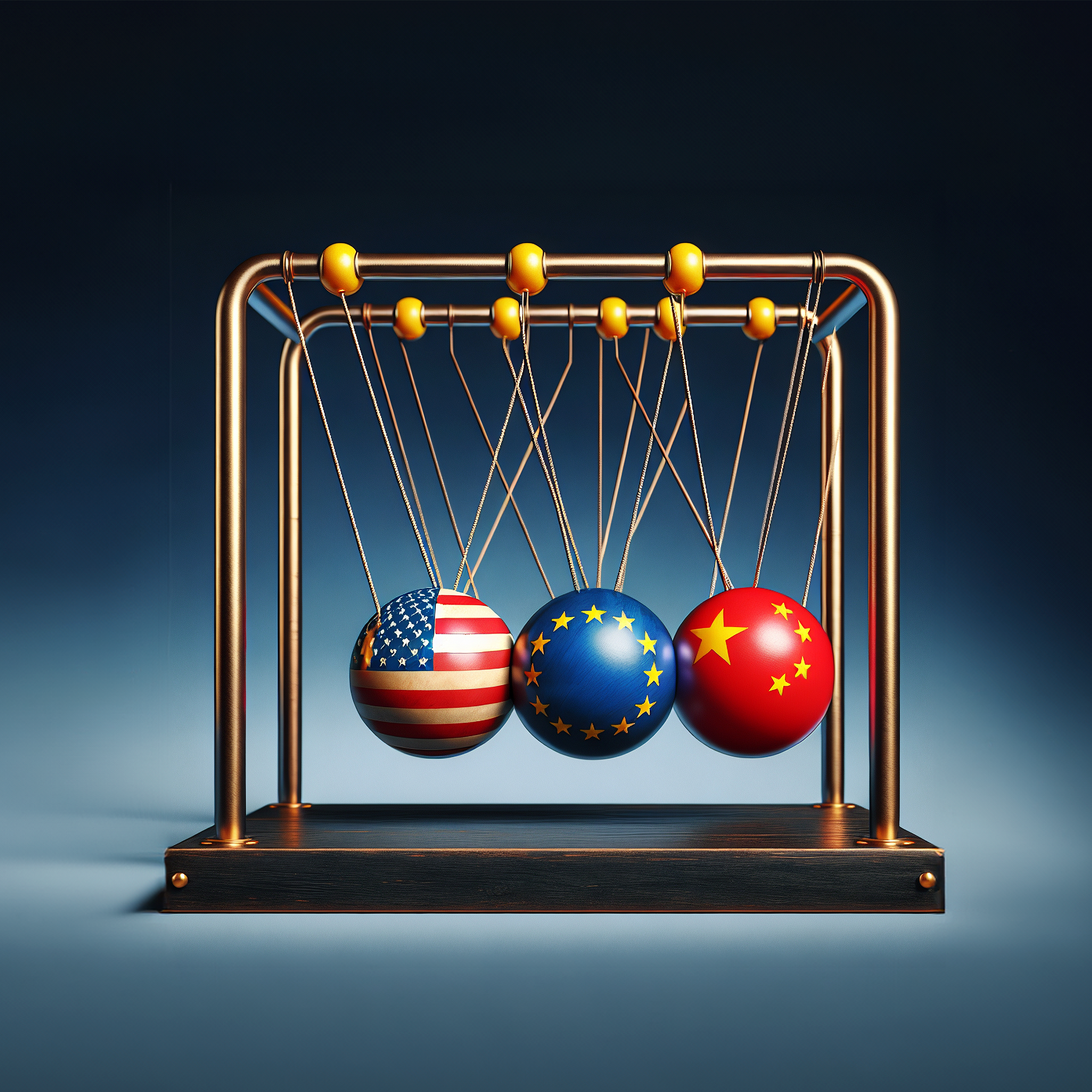
S7 Ep22: Europe’s economic security
Where is Europe’s economy vulnerable, and how can it manage that risk? A new joint report from CEPR and Bruegel investigates the challenges to economic security for Europe in the face of recent supply chain vulnerabilities and geopolitical shocks. Jean Pisani-Ferry is one of the editors of the report, and he talks to Tim Phillips about what has changed for Europe, and how we should respond.
EUROPE’S ECONOMIC SECURITY, Paris Report 2. Editors Jean Pisani-Ferry, Beatrice Weder di Mauro, and Jeromin Zettelmeyer.
21:2106/05/2024
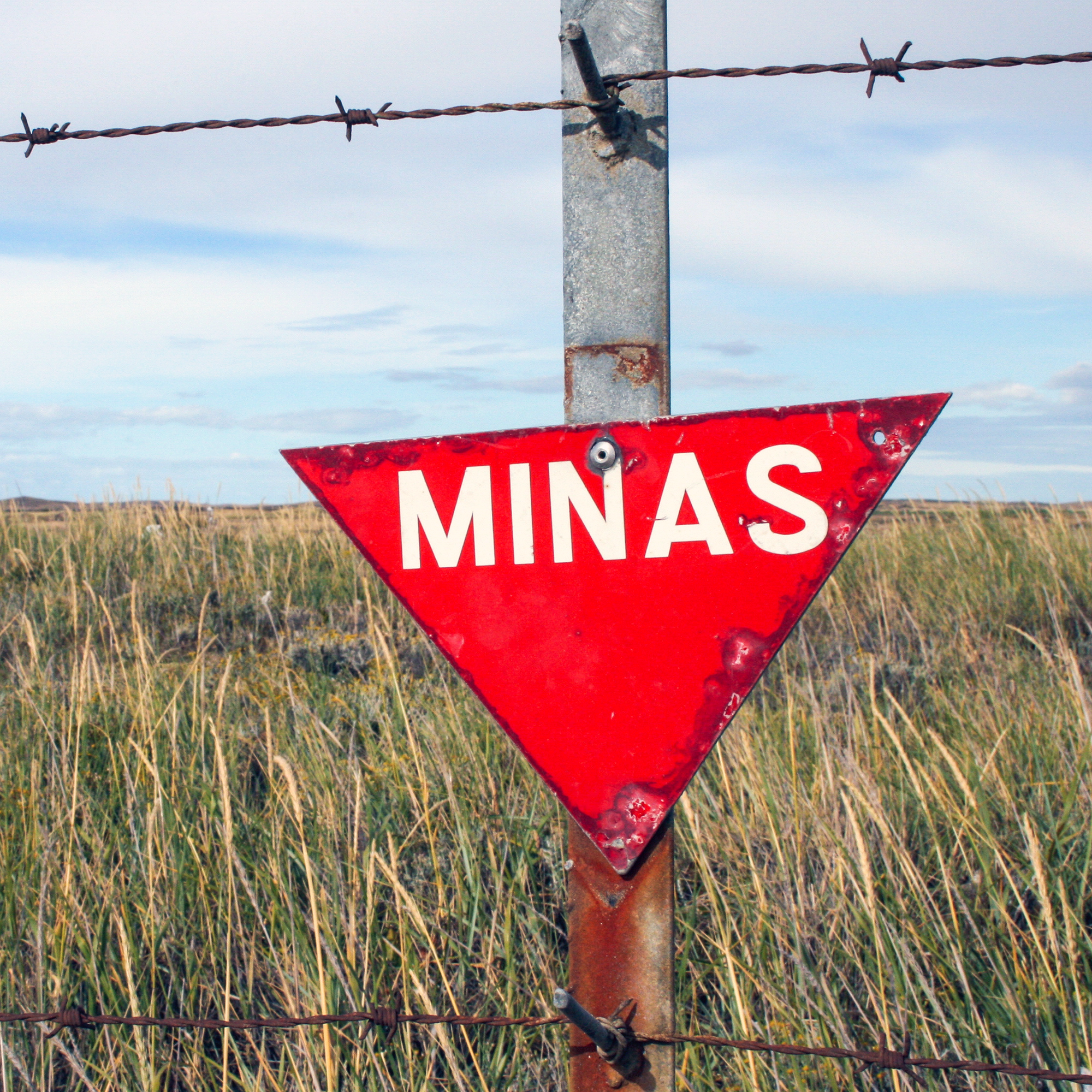
S7 Ep21: Clearing the path to growth
When a conflict ends, we know how minefields continue to destroy the lives of innocent people. But is there an economic, as well as a humanitarian, benefit to demining? Mounu Prem of Einaudi Institute for Economics and Finance is one of the authors of a paper that provides the first estimates of the economic dividend when a minefield is cleared, using records from humanitarian operations in Colombia. He talks to Tim Phillips.
25:3903/05/2024

S7 Ep20: How quickly should we adopt AI?
In March 2023, many experts supported an open letter that called for a six-month pause in giant AI experiments, and that development of these AIs should go ahead “only once we are confident that their effects will be positive, and their risks will be manageable”. In the second of our podcasts recorded at the 79th EP Panel, Tim Phillips asks Joshua Gans of the University of Toronto what might happen if we did pause AI adoption, and whether we should instead accelerate adoption of AI so that we can more quickly learn about its benefits and harms, and design better regulation as a result.
22:4226/04/2024
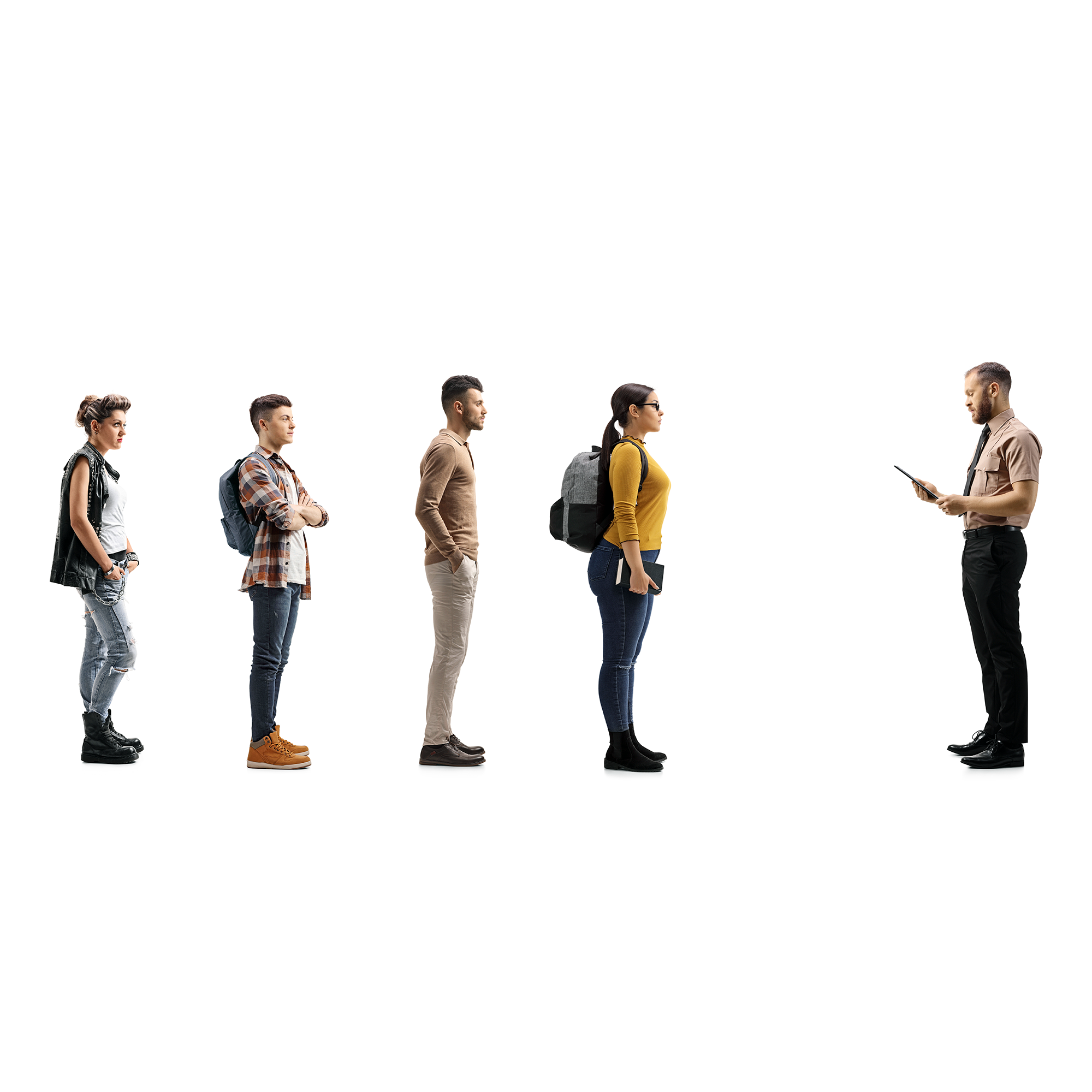
S7 Ep19: Which jobs will AI replace?
Recorded at the Spring 2024 Economic Policy Panel Meeting. What will be the impact of AI on the labour market? Two new papers use the evidence from the early years of the 21st century to analyse who the winners and losers have been so far. Gino Gancia and Juan Jimeno analyse the labour markets of the US and Europe and tell Tim Phillips who the winners and losers have been so far.
24:1519/04/2024

S7 Ep18: Monetary policy, mortgages, and the housing market
This year’s World Economic Outlook report from the IMF features an intriguing piece of research that shows how rising policy rates bit harder in some countries than other because of differences in how existing mortgages are calculated, new mortgages are granted, and house prices.
Rui Mano from the IMF’s Research Department tells Tim Phillips about how the housing channels of monetary policy help to squeeze out inflation, the variable impacts of rate hikes, and the risk of overtightening when householders can fix their mortgage repayments.
23:0608/04/2024

S7 Ep17: The long shadow of the Spanish Civil War
The Spanish Civil War that ended in 1939 was brutal and destructive. But does it still affect how Spanish people think and behave today, three generations later? Felipe Valencia Caicedo and Ana Tur-Prats talk to Tim Phillips about a legacy of distrust and poisoned political beliefs.
Photo credit: Generalitat de Catalunya
18:1505/04/2024

S7 Ep16: Monetary policy responses to inflation
What do we learn from the way central banks around the world responded to post-pandemic inflation? A new ebook from CEPR Press collects contributions from both academics and the central bankers who took the decisions. It explores what they did and how well it worked – and suggests some lessons that will help policymakers cope with the next inflationary episode. Bill English, one of the editors, talks to Tim Phillips.
Download the ebook: https://voxta.lk/MPresponse
24:1028/03/2024
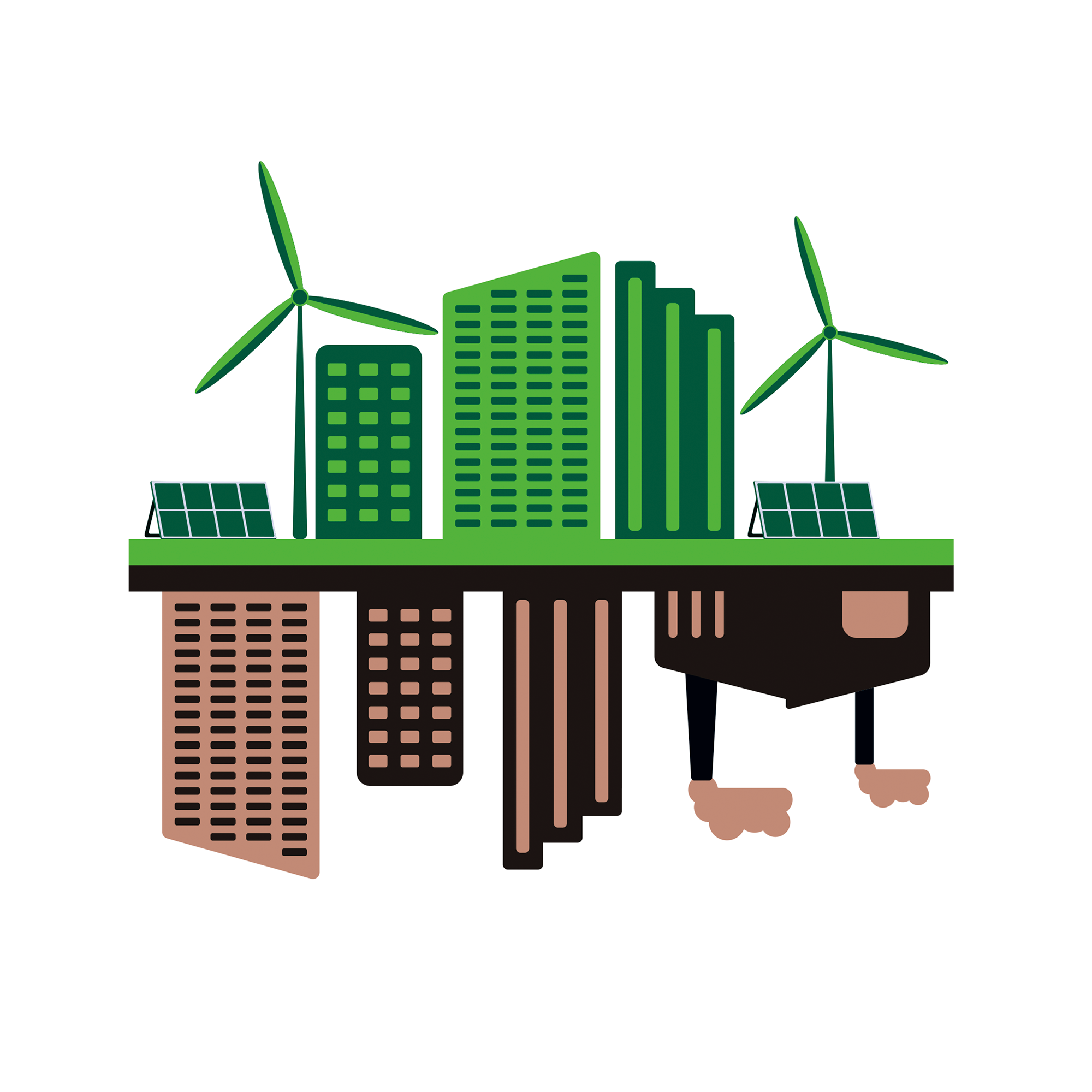
S7 Ep15: Mispriced risk and the end of ESG
Are markets acting efficiently when they price carbon risk? Alex Edmans talks to Alissa Kleinnijenhuis and Tim Phillips about how the earnings announcements of high emitters suggest mispricing of transition risk and argues that we should think of ESG is both extremely important – and nothing special.
39:2122/03/2024
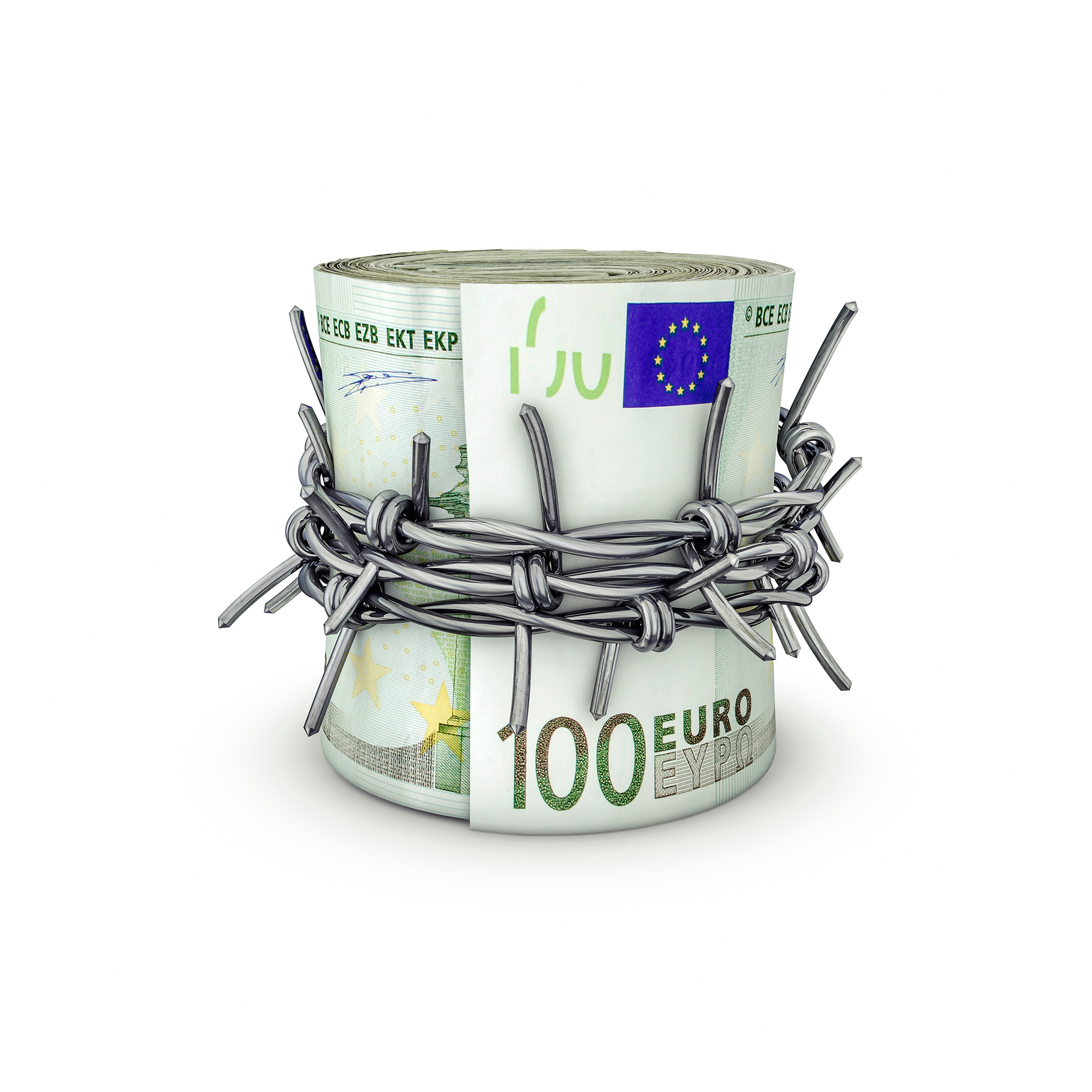
S7 Ep14: Disasters and bank financing
Whether they war, disease or natural disasters, banks need to prepare for, and cope with, unexpected events. The third LTI report is published on 18 March by CEPR. Steven Ongena and Anna Pestova explain to Tim Phillips what the report reveals about how banks respond to these three types of disasters – and what that means for their customers.
22:1520/03/2024

S7 Ep13: Pandemic, war and debt
Covid-19 and the war on Ukraine have challenged debt sustainability. Can our existing institutions meet that challenge? Following the release of the CEPR fifth annual report on The Future of Banking, Tim Phillips talks to Jeromin Zettelmeyer about whether the existing framework and institutions for resolving debt crises can cope. And, if not, what might replace them.
23:4215/03/2024

S7 Ep12: Women are from Mars too
Are men from Mars, and women from Venus? If so, policies that seek to close the gender gap by equalising opportunities are unlikely to succeed. A recent paper finds that, contrary to popular belief, women and men’s traits are remarkably similar. Ruveyda Nur Gozen and Tim Phillips talk to Michelle Rao and Oriana Bandiera, two of the researchers who wrote the paper, about prejudice, policy, and the stubborn persistence of prior beliefs.
Papers mentioned in the podcast:
Bandiera, O., Parekh, N., Petrongolo, B., & Rao, M. (2022). Men are from Mars, and Women Too: A Bayesian Meta‐analysis of Overconfidence Experiments. Economica, 89, S38-S70. (link to paper)
Bandiera, O., Fischer, G., Prat, A., & Ytsma, E. (2016). Do women respond less to performance pay? Building evidence from multiple experiments. (link to paper)
Rao, M. (2021) Gender Differences in altruism: a Bayesian hierarchical analysis of dictator games. Mimeo
Bayer, A., Hoover, G. A., & Washington, E. (2020). How you can work to increase the presence and improve the experience of Black, Latinx, and Native American people in the economics profession. Journal of Economic Perspectives, 34(3), 193-219. (link to paper)
Bursztyn, L., González, A. L., & Yanagizawa-Drott, D. (2020). Misperceived social norms: Women working outside the home in Saudi Arabia. American economic review, 110(10), 2997-3029. (link to paper)
Diaz-Pardo, G., Rao, M. (2024). Women and Cash Transfers: how program design and local conditions relate to causal estimates of impact.
Field, E., Jayachandran, S., & Pande, R. (2010). Do traditional institutions constrain female entrepreneurship? A field experiment on business training in India. American Economic Review, 100(2), 125-129.
Stansbury, A., & Schultz, R. (2023). The economics profession’s socioeconomic diversity problem. Journal of Economic Perspectives, 37(4), 207-230. (link to paper)
17:4008/03/2024

S7 Ep11: Weder di Mauro: What went wrong at Credit Suisse
It is 12 months since the sudden downfall of Credit Suisse, one of a tiny number of Too Big to Fail global banks. Beatrice Weder di Mauro was one of an expert team who were asked by the Swiss Department of Finance to investigate the crisis and resolution. She talks to Tim Phillips about what they discovered, and the lessons we ignore at our peril.
22:5501/03/2024
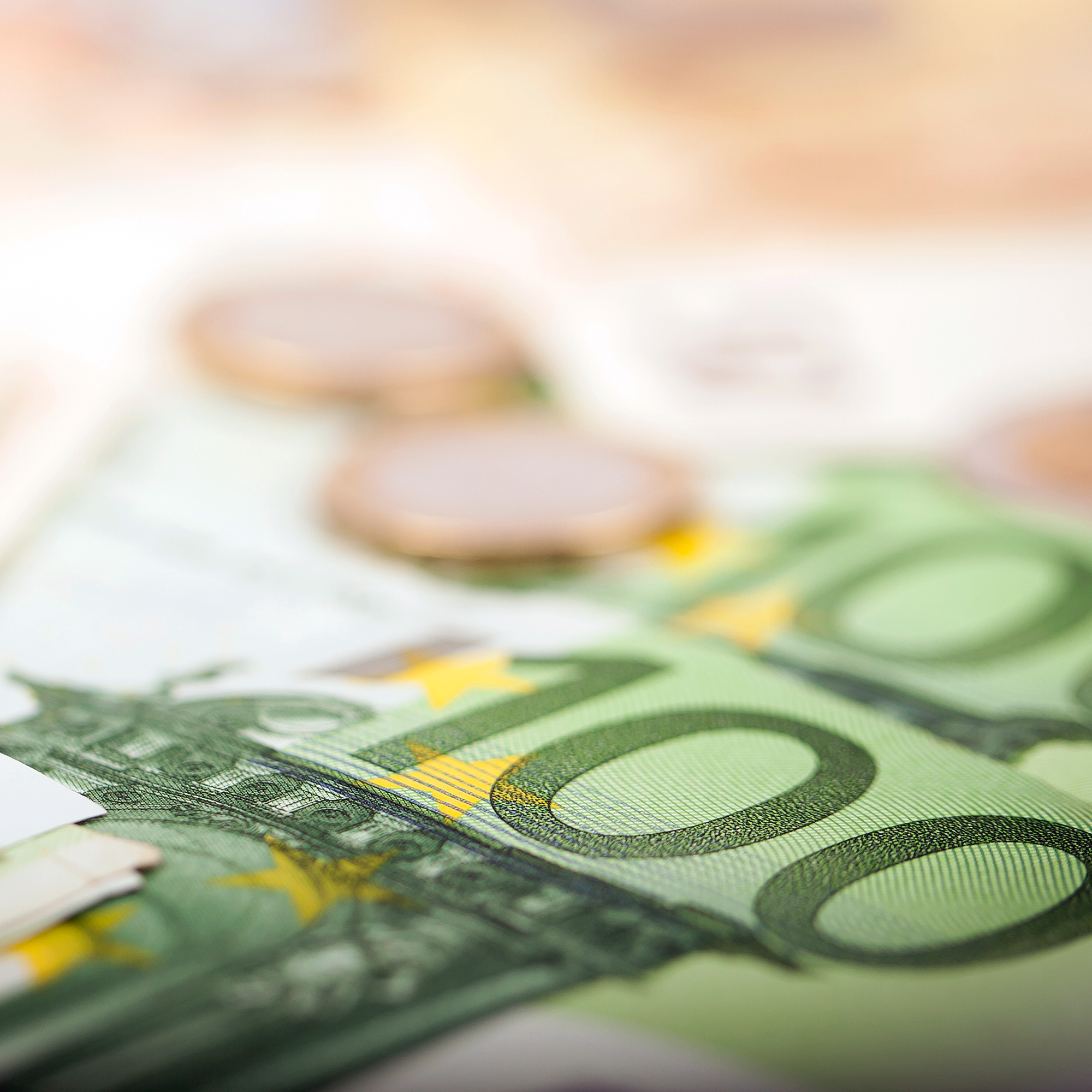
S7 Ep10: The euro at 25
On 1 Jan 1999, the euro launched. In the 25 years that followed, despite several moments when it seemed the entire project might implode, it has proved to be extremely resilient. Marco Buti and Giancarlo Corsetti of the European University Institute tell Tim Phillips about the good times, the bad times, and the lessons learned in the euro’s first 25 years.
29:1423/02/2024

S7 Ep9: Can parents teach patience?
You want your children to be patient, work hard, and be able to save for the future. But can children learn these traits from their parents? Daniela Del Boca tells Tim Phillips about research in Italian families that investigates which children mirror the patience of their parents.
15:3616/02/2024
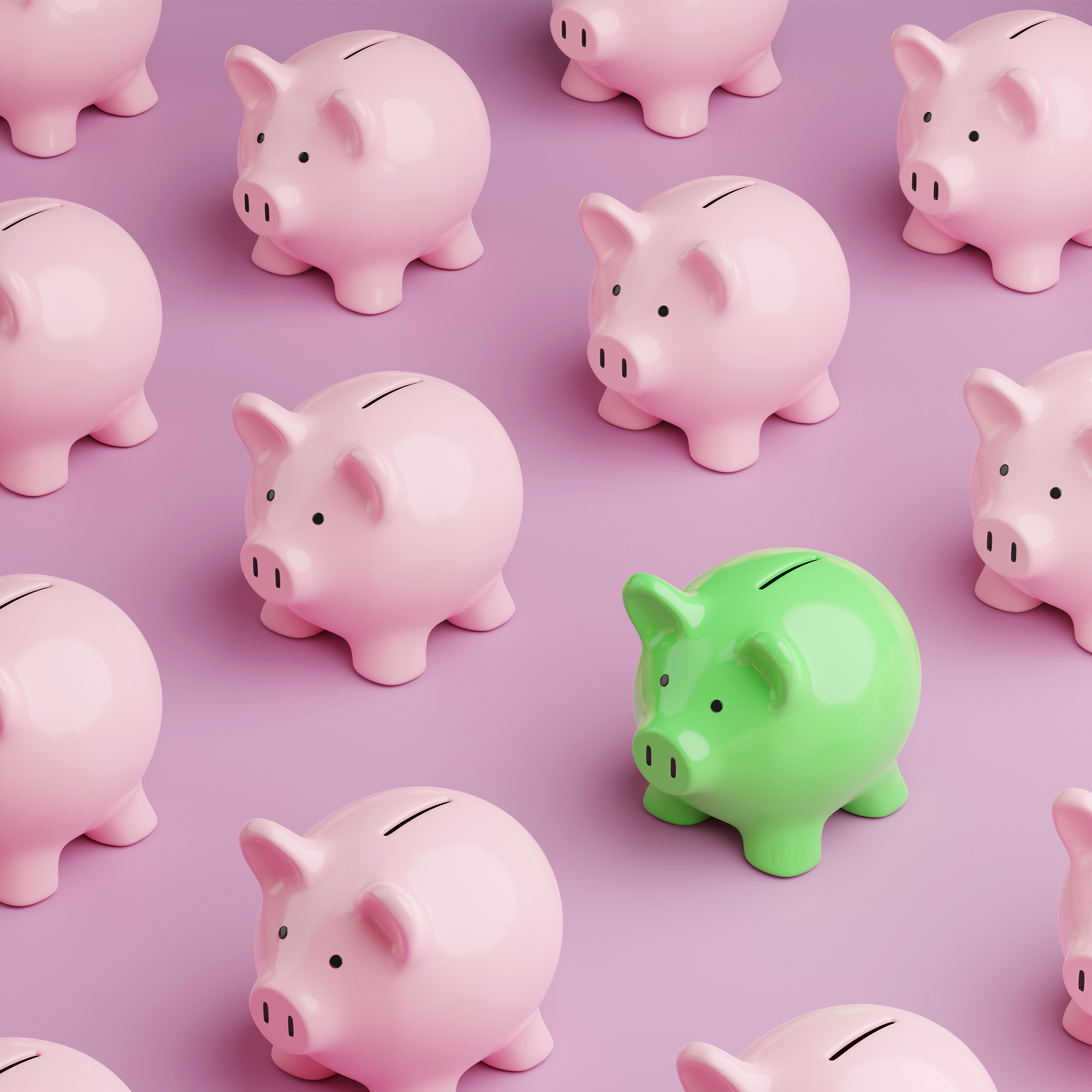
S7 Ep7: Climate finance instruments
Frédéric Samama has pioneered the development and introduction of instruments that make climate finance not only possible, but practical. He tells Alissa Kleinnijenhuis and Tim Phillips about his research, and how investors can incentivise firms to decarbonise.
36:0113/02/2024

S7 Ep8: Main Street’s pain, Wall Street’s gain
During Covid, America waited every Thursday for the release of the Initial Jobless Claims numbers at 8.30am. What happened next? Nancy Xu tells Tim Phillips that asset price movements may reflect expectations of government intervention as well as sentiment about the economy.
16:1109/02/2024

S7 Ep6: The impact of mandatory profit sharing
Recorded at the CEPR Paris symposium 2023: In France, a law that compels many firms to share profits with their employees. Which employees end up earning more? And does their share in their employer’s success make them more productive? David Thesmar talks to Tim Phillips.
15:2002/02/2024

S7 Ep5: Microdata in Europe
Recorded at CEPR Paris Symposium 2023: data that's collected at the level of a household, a firm, or even an individual is extraordinarily valuable for researchers. But there's not enough affordable, accessible, high-quality data of this type in Europe. Tim Phillips talks to Filippo di Mauro of CompNet and Ugo Panizza of the Graduate Institute in Geneva about their plans, backed by CEPR, to create more open, more consistent sources of policy-relevant microdata.
19:1326/01/2024
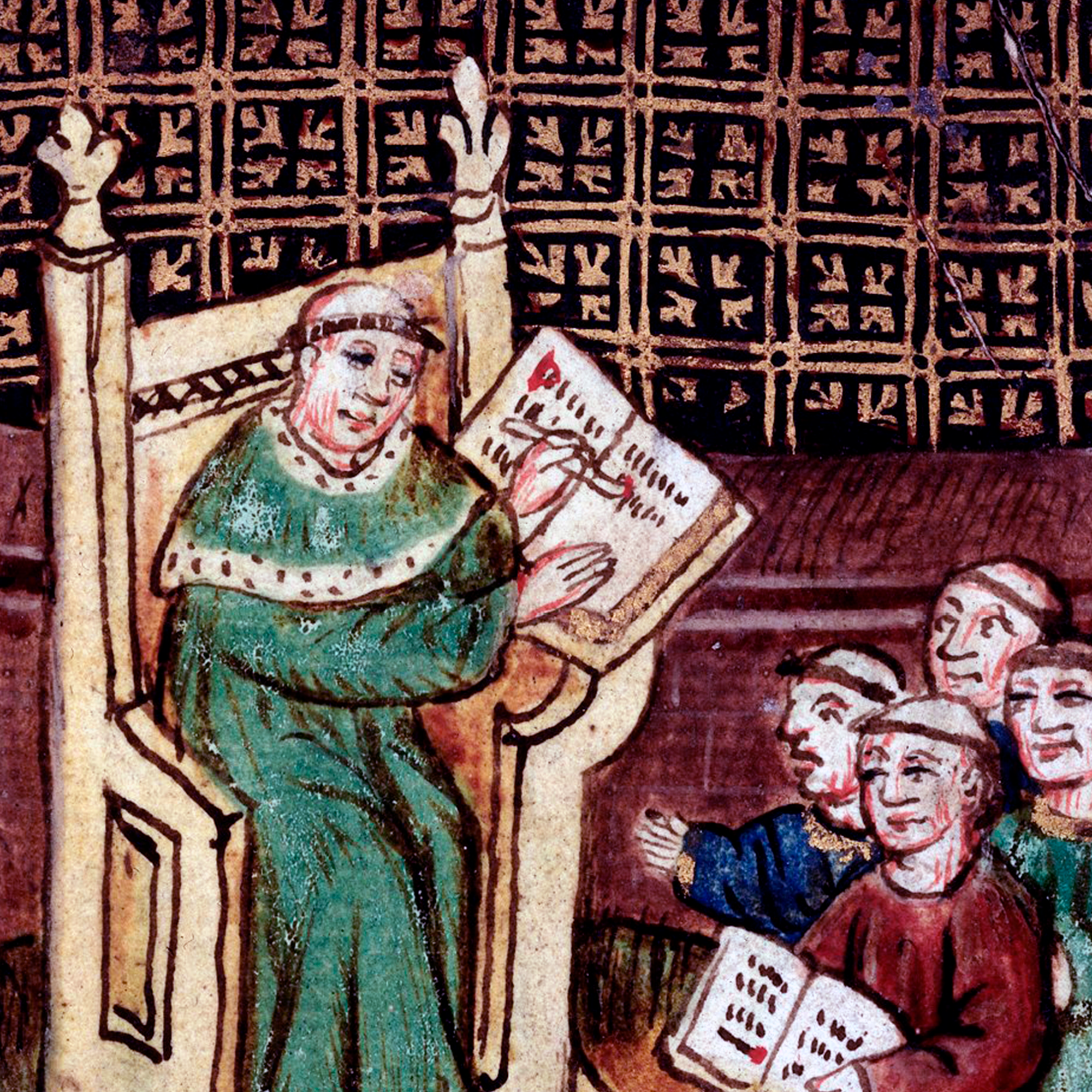
S7 Ep4: The seeds of knowledge
Recorded at CEPR Paris Symposium 2023: Can we make a link between pre-modern scholars and GDP – and, if so, what is that link? David de la Croix has compiled data on Europe’s scholars from 1000-1800AD, including their expertise, where they were born and where they studied. Tim Phillips asks him if the seeds of knowledge were also the seeds of modern economic growth.
20:0919/01/2024
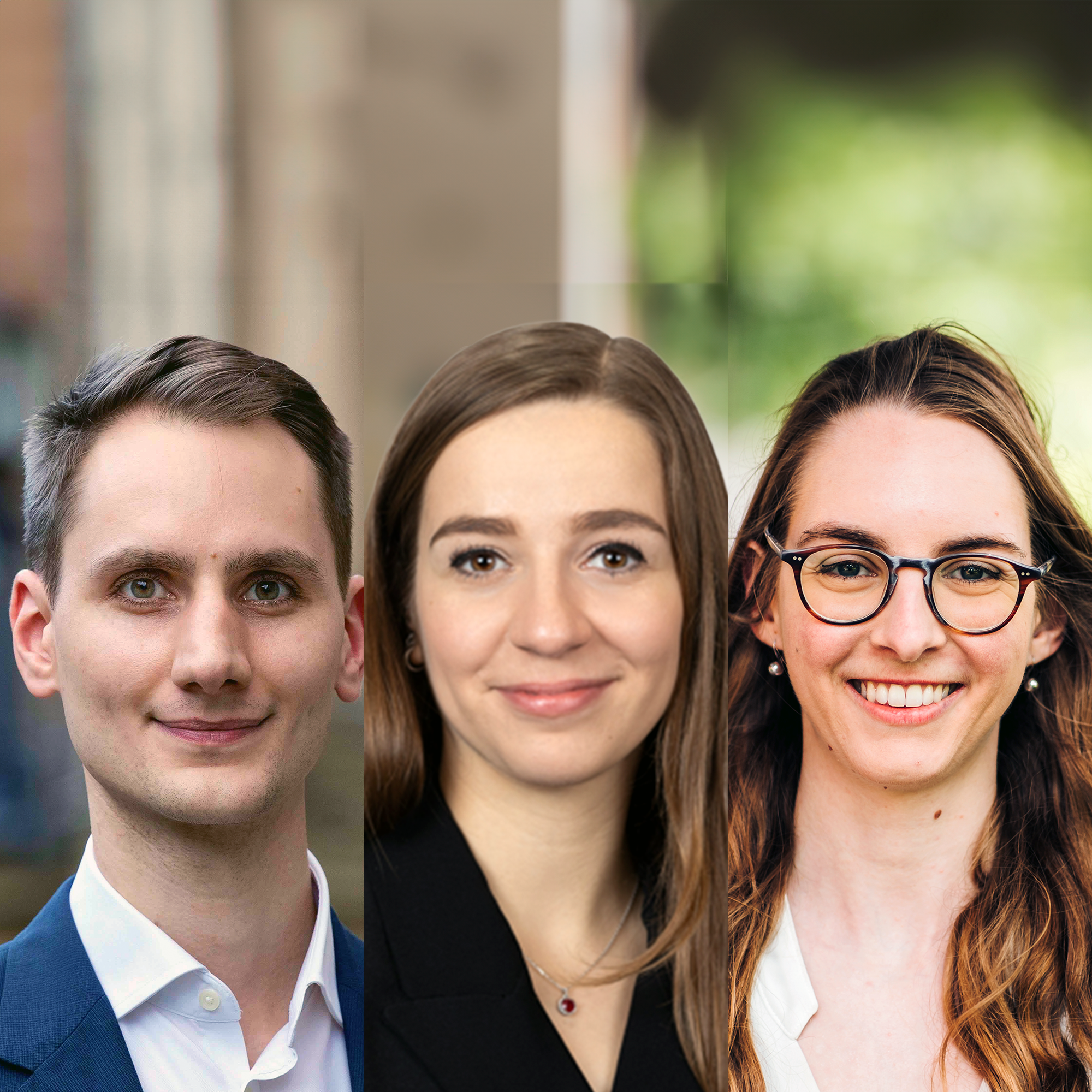
S7 Ep3: Young economists: Paris 2023
Recorded at CEPR Paris Symposium 2023: Tim Phillips meets three of the young researchers who were chosen to present. Margot Belguise, Arnaud Dyevre and Yasmine van der Straten talk about their work – and offer some advice for anyone who is starting out on their research.
26:5512/01/2024





